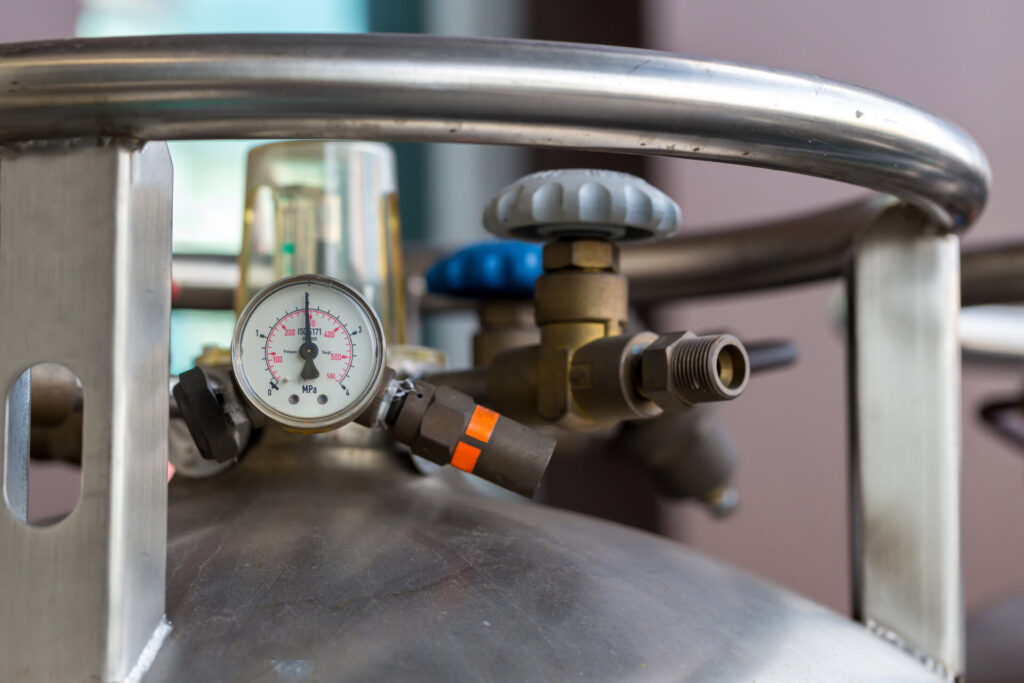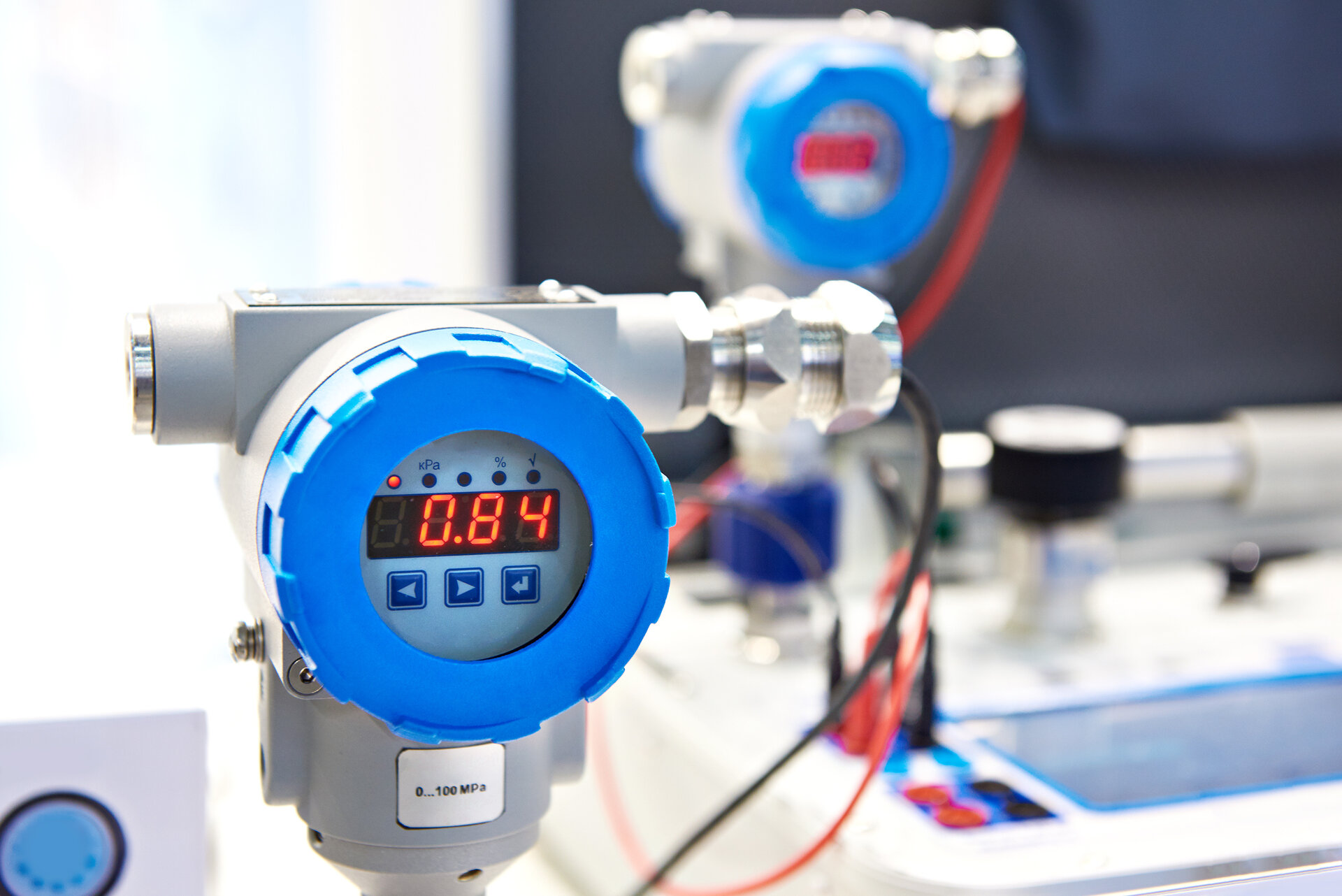Unlocking Precision: The Revolutionary Impact of Vacuum Sensors in Modern Technology

The evolution of technology has consistently demanded greater precision and reliability, particularly in fields where the measurement of air pressure at levels far below atmospheric conditions is crucial. This is where vacuum sensors, or devices designed to detect and measure vacuum pressure, become indispensable. Their ability to provide accurate readings in environments where air and other gases are scarce has revolutionized various industries, from semiconductor manufacturing to space exploration. This article delves into the myriad benefits these sensors offer and the wide range of applications they serve.
The Core of Vacuum Technology
Vacuum technology, a critical component of numerous scientific and industrial processes, hinges on the ability to create, maintain, and accurately measure vacuum conditions. This environment, essentially a space devoid of matter, presents unique challenges that cannot be addressed by ordinary pressure measurement tools. Here, vacuum sensors play a pivotal role. These devices are specifically designed to measure pressures significantly lower than the atmospheric pressure, enabling precise control over vacuum environments. Their application is crucial in processes where even the slightest deviation from desired vacuum levels can result in significant setbacks or failures.
The Backbone of Innovation and Safety
The application of vacuum sensing technology spans a multitude of sectors, demonstrating its versatility and critical importance. In the semiconductor industry, for instance, maintaining a specific vacuum level is essential for the deposition of thin films, a process pivotal in the manufacture of integrated circuits. Similarly, the pharmaceutical sector relies on these sensors to ensure the integrity of sterile environments by monitoring vacuum levels in lyophilization (freeze-drying) processes, critical for preserving the efficacy and safety of medications.
Beyond manufacturing, vacuum sensing plays a crucial role in scientific research, particularly in particle physics and space exploration. Particle accelerators, like the Large Hadron Collider, require extensive vacuum systems to prevent air molecules from interfering with high-speed particle beams. In space, accurate vacuum measurements are vital for simulating space conditions on Earth, testing the durability of materials and instruments before they are launched into space.
The Advantages Unveiled
The benefits of incorporating a vacuum sensor into various processes are manifold. Firstly, they offer unparalleled accuracy in pressure measurement, crucial for the success of high-precision tasks. This accuracy not only ensures the quality and reliability of the final product but also significantly reduces the risk of costly errors or failures. Additionally, the ability to monitor and control vacuum levels in real-time allows for more efficient process management, optimizing production schedules and reducing downtime.
Moreover, the advancement in vacuum sensing technology has led to the development of sensors that are not only highly accurate but also resistant to harsh conditions, such as extreme temperatures and corrosive chemicals. This durability extends the life of the sensor, reducing the need for frequent replacements and thereby lowering operational costs. Furthermore, the data collected by these sensors can be invaluable for predictive maintenance, helping to prevent equipment failures before they occur.
Vacuum Sensing: A Gateway to Innovation
The integration of vacuum sensing technology into industrial and scientific applications has undeniably paved the way for remarkable advancements. In the realm of space exploration, it has enabled the accurate testing of spacecraft components, ensuring they can withstand the vacuum of space. In the medical field, vacuum sensors are instrumental in the production of sterile pharmaceuticals, directly impacting the health and safety of millions.
A limitless potential
The significance of vacuum sensors in today’s technology-driven world cannot be overstated. These devices are at the heart of numerous critical processes across various industries, providing the precision and reliability necessary for success. From enhancing the safety and efficacy of pharmaceuticals to enabling groundbreaking research in particle physics, the impact of vacuum sensing technology is profound and far-reaching. As we continue to push the boundaries of what is possible, the role of these sensors in facilitating innovation and driving progress is undeniable. With their help, we are not only unlocking the mysteries of the vacuum but also paving the way for a future where the potential of technology is limitless.
Photo Credit: kanpisut & Sergey Ryzhov / stock.adobe.com




